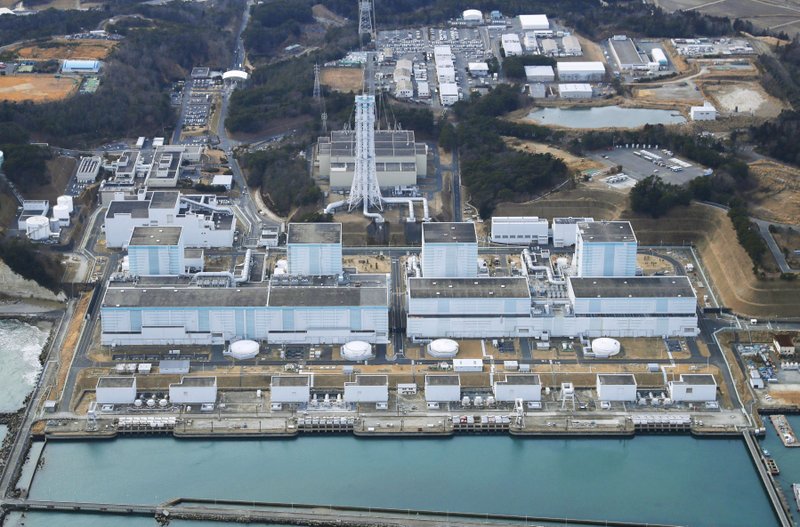The decrypted facts
The 2011 Fukushima nuclear accident, primarily caused by the Tōhoku earthquake and tsunami, was the most severe nuclear accident since the Chernobyl disaster in 1986.
Two years later, in 2013, the Japanese newspaper Mainichi Shimbun conducted a survey and concluded that “more people died because of the Fukushima evacuation process than were killed in the region by the 2011 Japanese earthquake and tsunami”. Causes of death in the aftermath have included “fatigue” due to conditions in evacuation centers, exhaustion from relocating, and illness resulting from hospital closures. An IFRC spokesperson added that the conditions faced by those displaced are made worse by them not knowing when they can return. Efficient alerting is critical.
Towards a better future
Thankfully, advances in digital technology are generating some of the most innovative solutions for public authorities.
- The Intersec emergency alert system enables the sending of personalized messages to highly-segmented groups while covering close to 100% of the population when national alerts are required.
- Field information, such as the alert location and the number of people receiving the message, is indicated in real-time, and as the crisis evolves, changes in population density are displayed as colored-coded mapped zones.
- After the alert has been issued, people who remain, enter, leave, or re-enter the target zone can receive subsequently updated alerts.
- Operators are kept aware of full or partial malfunctions via system status and availability maps, and first responders can rescue populations faster and more effectively.
Technology providers must adopt a preventative approach to guarantee public safety, and data-driven insights are central to this effort. Learn more about our GeoSafe solution or chat with an expert.
* Source: https://www.nbcnews.com/news/world/fukushima-evacuation-has-killed-more-earthquake-tsunami-survey-says-flna8c11120007
Access the other articles of the lesson series here:
Lesson #1 - The Fukushima evacuation process
Lesson #2 - When emergency alert apps fail
Lesson #3 - Crisis Communication: The Lubrizol Plant Fire
Lesson #4 - Safe and sound thanks to AML
 Lesson #1: The Fukushima evacuation process" />
Lesson #1: The Fukushima evacuation process" />

.jpg)
.jpg)








.webp)


.webp)




















